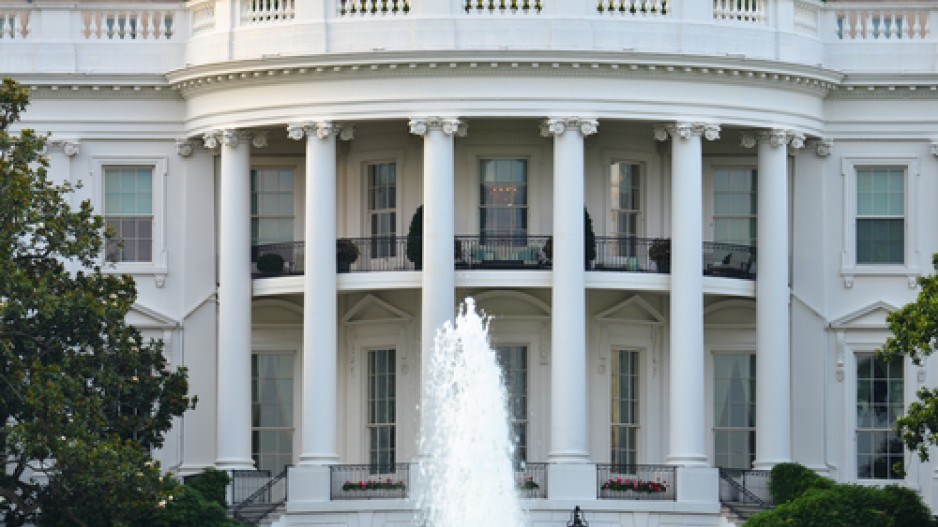BC businesses will need to brace for a politically driven rollercoaster of economic uncertainty in the U.S. by year's end. Harry Gutman, principal-in-charge for federal tax, legislative and regulatory services for KPMG U.S., told a Vancouver Board of Trade audience recently that roughly $750 billion in tax and spending measures meant to boost the economy are on the line soon after the 2012 U.S. election this November.
Among the key measures on the line:
•extension of President George Bush's 2001 income tax cuts, which save taxpayers $375 billion a year;
•extension of the payroll tax cut worth $110 billion;
•extension of the research and experimentation tax credit worth $47 billion; and
•$60 billion in spending cuts that automatically come into effect after the failure of a congressional super-committee tasked with devising a deficit reduction plan.
"None of this stuff can be dealt with before an election, because every bit of it is essentially toxic for politicians," said Gutman. "This stuff is going to have to be dealt with in the short period of time from November until the end of the year."
Gutman noted that some economists have painted a dire picture of the U.S. economy plunging back into recession next year if many of these initiatives are not addressed soon after the election.
Federal Reserve Chairman Ben Bernanke recently warned Congress of a potential "fiscal cliff" from drastic government spending cuts and higher taxes as a result of political deadlock on key tax measures that are about to expire.
Gutman also said another U.S. federal fiscal crisis could come by year's end because the federal government will again reach the federal debt limit before the end of 2012.
"The last time we went through this, there was an absolute mess and there's nothing to indicate that's going to change."
The uncertainty and threat of another slump in the U.S. economy would affect B.C. exporters that still rely on Canada's largest export market.
Helmut Pastrick, Central 1 Credit Union's chief economist, noted that B.C.'s economic prospects have generally moved in sympathy with the U.S. The impact on B.C.'s forestry sector from the downturn in the U.S. housing market has remained the most notable example in recent history. But he noted that tourism, foreign direct investment and the real estate market have all declined from the U.S. since the recession.
The U.S. political drama will remain intense even after the election, but Gutman expected that most of the policy measures aimed at boosting the economy will pass, including another extension of the income tax cut and a reduction or restructuring of the $1.2 trillion in automatic federal spending cuts that came into effect late last year.
Regardless of who is elected president in November, Gutman noted the Republican Party could sweep both upper and lower houses of Congress.
"If you saw a lineup of a Republican House, a Republican Senate and a Republican president," then, it is possible, even likely, you'd see movement that had previously been gridlocked," he said. "Now whether that movement is a net good or bad thing is going to be subject of an awful lot of debate." •




